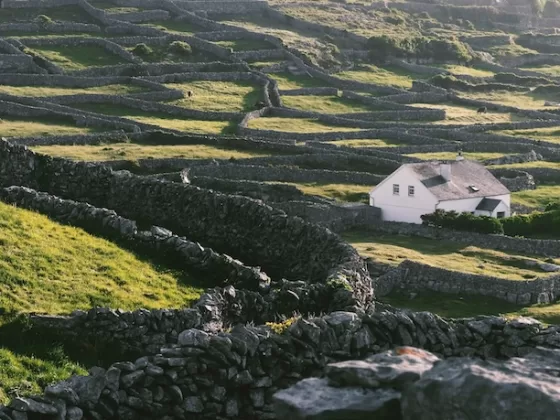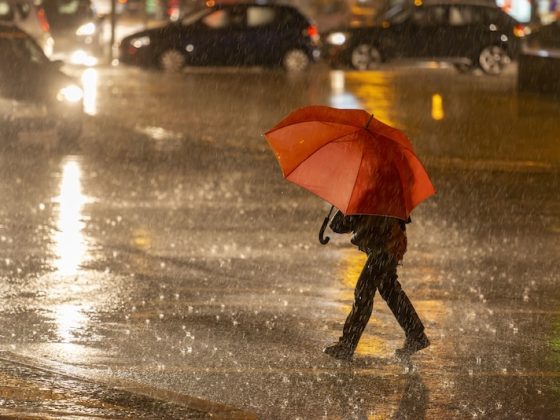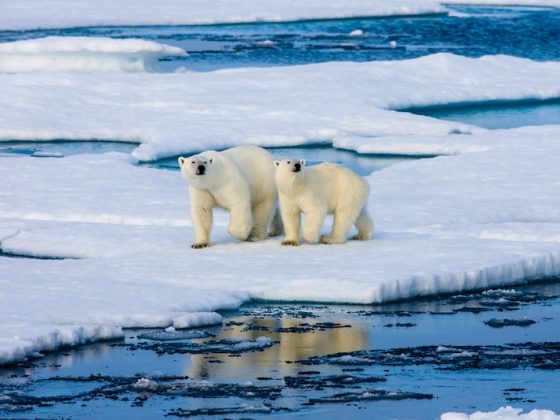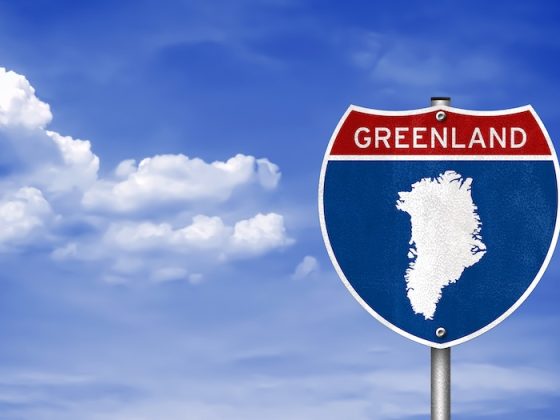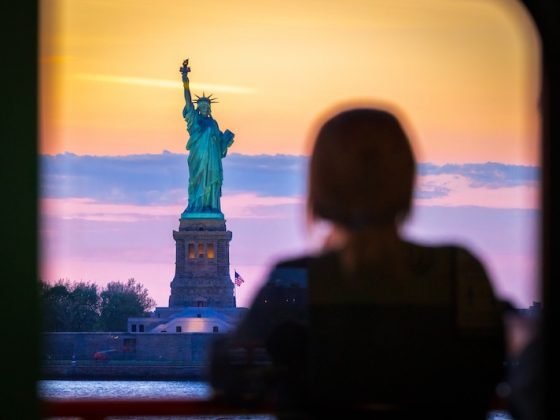From LA protests to Caribbean conservation, the world this week is in motion—some by choice, some by crisis. Greta Thunberg lends her voice to humanitarian aid efforts, Europe launches a luxe night train, and new science warns of looming ocean collapse. Meanwhile, the Mexico flag takes on new meaning in California streets, and Jamaica’s misunderstood reptiles find an unlikely ally, here’s what’s making headlines around the globe.
Aid on the Road
Climate activist Greta Thunberg was deported from Germany this week after briefly joining a humanitarian convoy attempting to deliver aid to Gaza. The convoy, organized by British aid groups, set out from London with the aim of reaching Egypt and crossing into Gaza through the Rafah border.
However, the convoy was ultimately blocked from reaching its destination, as Israeli restrictions prevented aid from entering. While Thunberg’s involvement was brief, it drew global attention to the mission and the growing frustration around the limits of humanitarian access in the ongoing conflict.
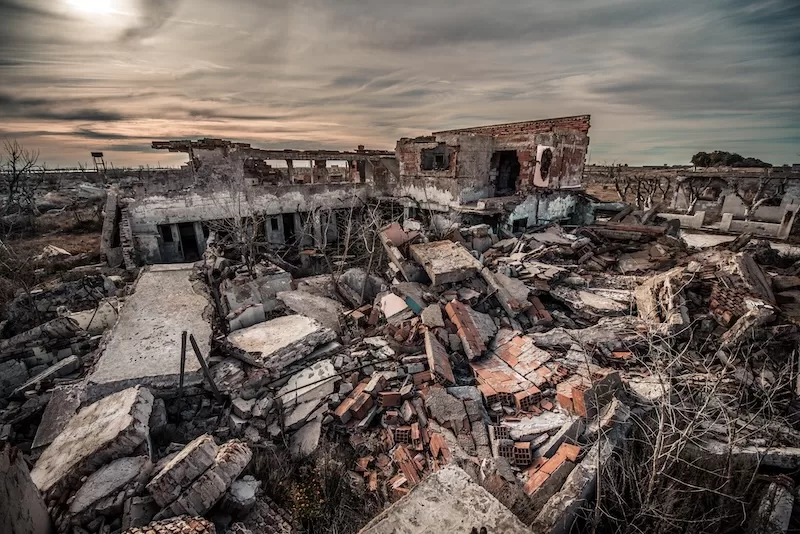
Currents of Collapse
Scientists have delivered a sobering new assessment of the Atlantic Meridional Overturning Circulation (AMOC)—the system of ocean currents that plays a crucial role in regulating weather patterns across the globe. New modeling shows that if AMOC collapses, the impact could be catastrophic: plunging parts of Europe into deep freeze, disrupting monsoons in Africa and Asia, and triggering widespread crop failures.
The warning adds urgency to the already pressing climate conversation. Unlike gradual warming, a current collapse could happen suddenly and irreversibly. As policymakers weigh emissions cuts and adaptation strategies, this research makes one thing clear: the Earth’s systems are interconnected, fragile, and edging toward dramatic change.
Sleeper Revival
A nostalgic twist on European summer travel is making a comeback. The new Espresso Riviera night train will link Rome to Marseille starting July 4, offering a scenic, slow-travel alternative to flying. The weekend-only service will wind through coastal gems including Savona, Sanremo, Monaco, Nice, and Cannes—rekindling the romance of rail with a modern upgrade.
The rise of sleeper trains reflects a growing demand for more sustainable and experiential travel. With panoramic views, cozy compartments, and the chance to wake up in another country, the Espresso Riviera is less about speed and more about the journey. In an era of climate anxiety and digital burnout, Europe’s rail revival might just be the escape we didn’t know we needed.
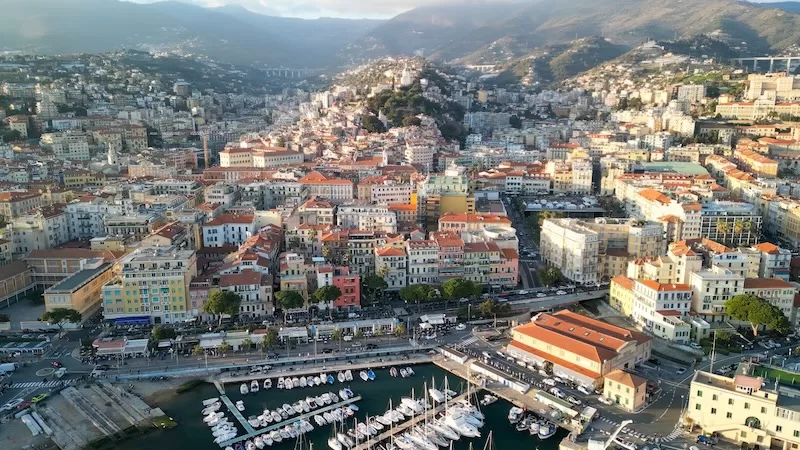
Flags in the Streets
Protests in Los Angeles over recent U.S. immigration rulings have taken on a distinctly symbolic tone, with the Mexican flag appearing prominently in rallies across the city. To some, it’s a powerful reminder of identity and ancestry in the face of aggressive policy changes. To others, it’s a flashpoint—fuel for debates about nationalism, assimilation, and belonging.
The controversy reveals just how fluid national symbols can become, especially in diasporic communities. Whether flown in pride or protest, the Mexico flag is speaking volumes—about memory, migration, and the complicated relationships many Americans hold with the idea of “home.”
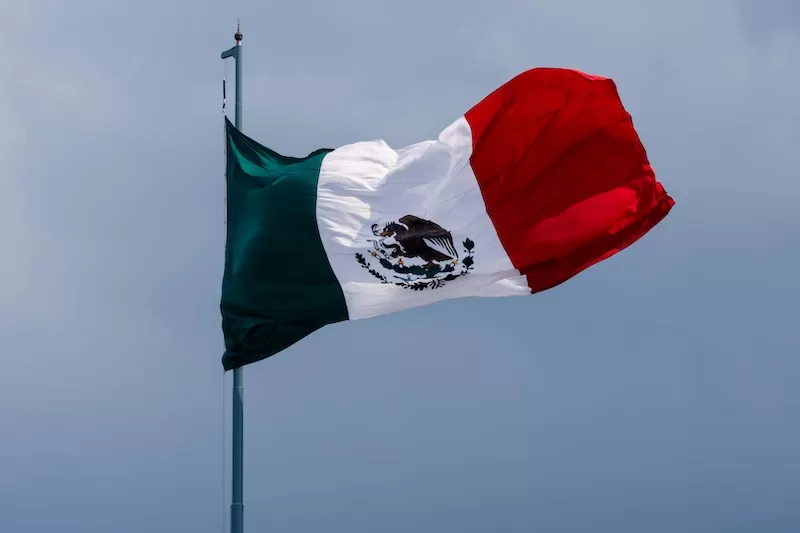
The Race to Supersonic
The dream of supersonic passenger travel is inching closer to reality. U.S. aerospace firms are developing next-gen jets that promise to cut transatlantic flight times in half. But there’s one major hurdle: noise. Boom Supersonic and other players are working to solve the sonic boom issue—once the Achilles’ heel of Concorde-era planes and a key reason they were grounded.
While regulatory frameworks evolve and prototypes take shape, the future of supersonic travel hangs in balance. If successful, it could usher in a new era of speed and convenience. If not, the skies may stay subsonic for a while longer.

The Crocodile Guardian
In Jamaica, one man is challenging fear with science—and a lot of patience. Dubbed the “Crocodile Guardian,” conservationist Ross Cribb has made it his mission to protect the island’s endangered American crocodiles. Long feared and often killed on sight, these misunderstood reptiles are now seeing a slow shift in public perception, thanks to Cribb’s educational outreach and wildlife rescue efforts.
With climate change and habitat destruction threatening their populations, Jamaica’s crocodiles are at a crossroads. Cribb’s work is more than just conservation—it’s an attempt to rewrite the narrative around these apex predators and ensure they remain part of the island’s delicate ecosystem.
Read what happened last week around the world? Borders, Bombs, and Bold Journeys
Stay informed on Weekly World News. Subscribe for Escape Artist get the latest updates on global affairs, trends, and breaking news.
Contact Author
"*" indicates required fields
Stay Ahead on Every Adventure!
Stay updated with the World News on Escape Artist. Get all the travel news, international destinations, expat living, moving abroad, Lifestyle Tips, and digital nomad opportunities. Your next journey starts here—don’t miss a moment! Subscribe Now!


